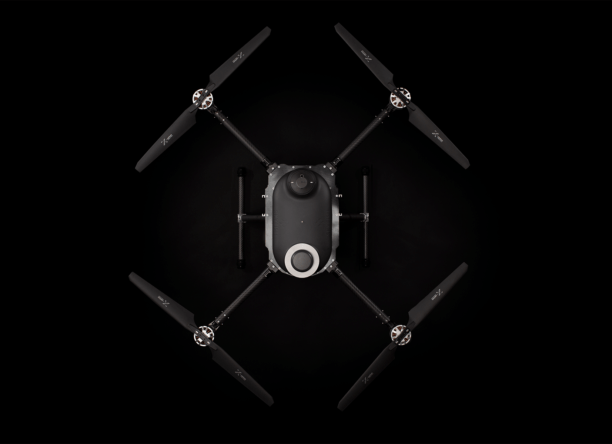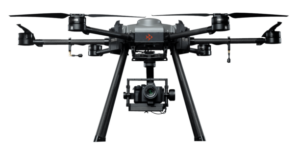
[ad_1]

U.S. manufactured engineering drone, Skyfish
News and Commentary. The U.S. House of Representatives China committee will introduce another “American Security Drone Act” today. The Act would limit the use of Chinese manufactured drone technology by federal agencies.
Continue reading below, or listen:
There have been several iterations of the American Security Drone Act, limiting the purchase and use of Chinese-made drone technology by federal agencies. The U.S. Senate introduced S. 473, the American Security Drone Act, first in February of this year. Other bills of the same name have been considered in the U.S. Congress at various times over the last several years. To clarify up front, these Acts do not apply to the general public: they only relate to federal agencies and in some cases, the use of federal funds.
We know little about today’s action, which was first reported by the Financial Times: but for the drone industry and public agencies reliant upon drones, the devil, as always, is in the details.
Prohibiting Purchase, or Prohibiting Operation?
The Senate version, S. 473, calls for a prohibition on the federal purchase of drones manufactured or assembled by “covered entities.” S.473 defines an entity as those parties named on a list maintained by the Federal Acquisition Security Council, which includes several categories and specifies any entity domiciled in China. The Act also calls for a prohibition on the operation of drones manufactured or assembled by a covered entity – but provides a 2 year grace period before that takes effect. This grace period is critical for agencies that must identify, purchase, and train personnel on new aircraft. Without it, agencies may have to halt some or all of their drone programs, which could seriously damage the industry as a whole.
Exemptions or Waivers
Broad stroke bans are never complete: there are always special cases. S. 473 does allow for the development of a waiver process and for some exemptions. For the drone industry, this waiver process is also extremely important. Research agencies like NOAA rely upon a fleet of unmanned aircraft. Agencies including Homeland Security must be able to train and research on any drone that could be weaponized, including those from covered entities. Problems may also arise as recipients of federal grants work to develop and test emerging technologies such as counter drone systems.
Application
Who’s affected if an American Security Drone Act is passed into law? As stated above, no congressional act limits the purchase or operation of any drone by civilians: the Acts apply only to federal agencies. However, S. 473 also limits the procurement of covered aircraft “through grants and cooperative agreements entered into with non-Federal entities.” This could impact some law enforcement and public safety agencies as well as other companies working with government agencies on research and development.
Why?
S. 473 states clearly that the goal of the American Security Drone Act is twofold: to limit the exposure to foreign technology infrastructure which may present a security risk, and to support the domestic drone industry. A ban on certain drones limits the security exposure: but the wording of the bill is important to ensure that it does not also limit the purchase of secure platforms from U.S. companies, manufactured in the US or by non-“covered entity” partners.
Read more:
Miriam McNabb is the Editor-in-Chief of DRONELIFE and CEO of JobForDrones, a professional drone services marketplace, and a fascinated observer of the emerging drone industry and the regulatory environment for drones. Miriam has penned over 3,000 articles focused on the commercial drone space and is an international speaker and recognized figure in the industry. Miriam has a degree from the University of Chicago and over 20 years of experience in high tech sales and marketing for new technologies.
For drone industry consulting or writing, Email Miriam.
TWITTER:@spaldingbarker
Subscribe to DroneLife here.
[ad_2]
